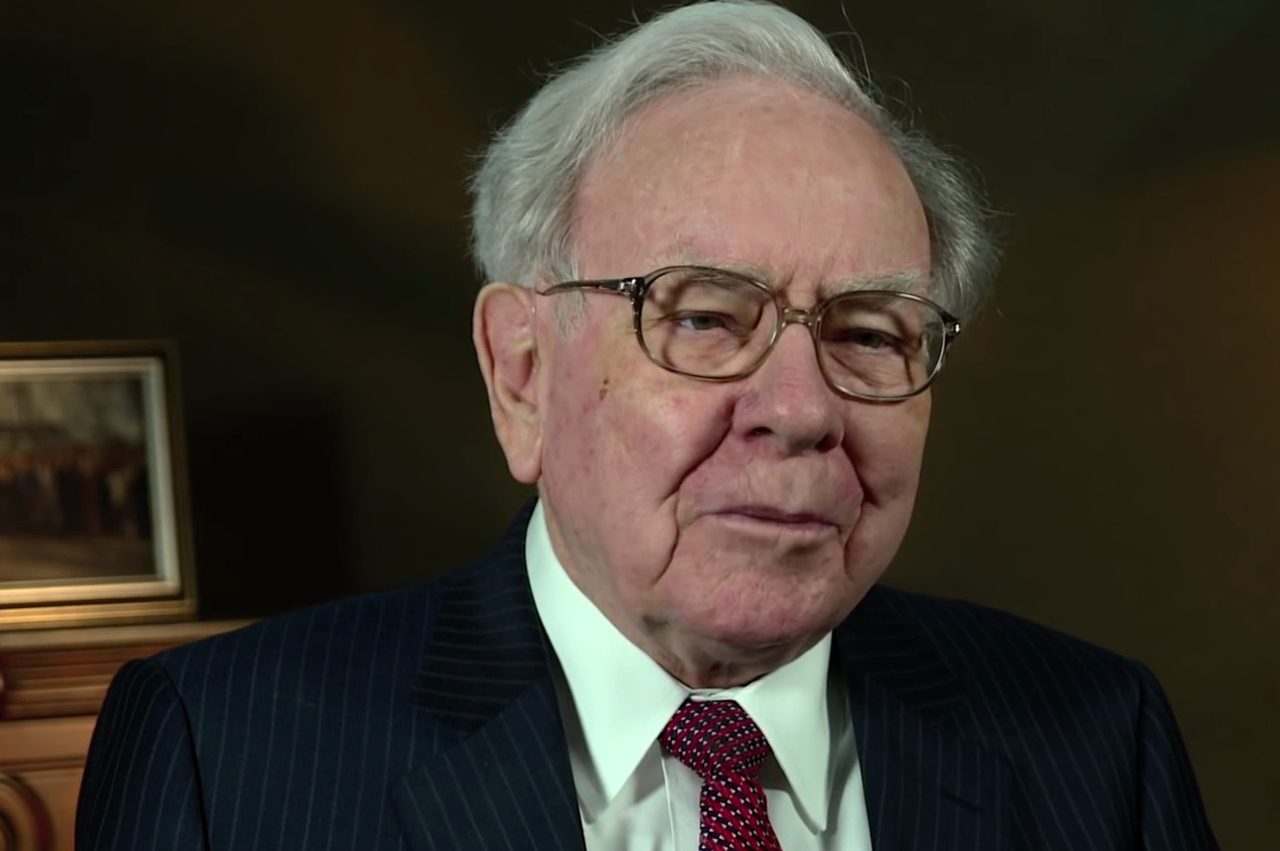These are the words of Charlie Munger, the ingenious investor, billionaire and for decades the closest confidant of Warren Buffett. Munger is a very smart and well-read man. Unlike more than 99.9% of the population, Munger can rightly claim to know what he is talking about on most topics. He reportedly reads a book every day and his children have jokingly referred to him as a “book with a couple of legs sticking out.”
It is precisely because Munger knows so much that he is also able to recognise the limits of his knowledge and, above all, to know what he does not know. This is a trait he shares with all really smart people. “He who knows all the answers has not been asked all the questions”, said the Chinese philosopher Confucius. And it was the Greek philosopher Socrates who stated that “All I know is that I know nothing.”
Consider these two sayings handed down to us by Confucius: “The man who asks a question is a fool for a minute, the man who does not ask is a fool for life.” And: “Real knowledge is to know the extent of one’s ignorance.” You can always tell how intelligent someone is by the quantity and quality of the questions they ask. Conversely, you can always recognise a stupid person because they will claim to know everything and have an answer to every question.
Warren Buffett and Charlie Munger became such successful investors because they have always had the courage to swim against the tide and question seemingly established “universal truths”.
Nevertheless, it is especially important for smart people to constantly be aware of the limits of their knowledge. “The smarter a man is, the more he needs God to protect him from thinking he knows everything”, cautions a Native American Pima tribe proverb.
It frequently becomes apparent to clever and successful people that they are more knowledgeable and therefore superior to other people. But this constant realisation also represents a great danger: at some point, they begin to overestimate themselves and may even consider themselves omniscient. In ancient Greek tragedies, this arrogance was called hubris, which typically led to a character’s downfall. Hubris was often punished by the gods, eventually leading to the ruination and death of the protagonist.
“The important thing is not to stop questioning”, observed Albert Einstein, one of the greatest geniuses in history. And he is right. In fact, that’s precisely what young children do — they never stop asking questions, even questions that most adults have long since stopped wondering about. So why do children learn so fast — much faster than most adults? It is because they are more curious and ask so many questions. Above all, they also question things that the rest of us simply take for granted.
So, start questioning things that other people take for granted! Warren Buffett and Charlie Munger became such successful investors because they have always had the courage to swim against the tide and question seemingly established “universal truths”. Start asking twice as many questions as you are asking now! Smart people constantly ask questions. As the Arabic proverb advises: “If you want to know a lot, you need to ask good questions.”
If you start asking more questions, you will not only expand your knowledge but also find it much easier to win the hearts and minds of the people you come into contact with. If you show genuine interest in others, you will gain more sympathy and respect than someone who only ever talks about themselves or spends all their time lecturing other people.
Have you ever experienced the following? You talked to someone and didn’t actually say very much at all, yet you asked pertinent questions from time to time. And at the end of the conversation, the person you were talking with complimented you on how good it was to chat with you! Chat? Well, you did not exactly do much of the talking. But your conversation partner certainly enjoyed your sincere interest and you won their sympathy.
It is also a good idea to ask plenty of questions in business life. I am someone who likes to talk a lot (sometimes too much) but, whenever I was trying to acquire a new client, I cut my talking time to the minimum and asked as many questions as I could. I really wanted to understand my potential client’s business model in detail and learn all about the company’s strengths and identify precisely where they were facing their greatest challenges. It was only once I had got this information that I could make my potential client a truly attractive offer. This may sound obvious, but many salespeople forget “the basics” and jump straight to the talking, they speak about their company’s range of services and products before they have thoroughly explored their client’s needs.
I have one more particularly good tip for you. Whenever you talk to an entrepreneur, make sure you ask: “How did you happen to get started in this business?”. Every entrepreneur likes to talk about their company’s early days, about the adversities they overcame and how they went on to build their successful business. Incidentally, this isn’t an idea I came up with, it originates from the most successful insurance agent in America at the time, Frank Bettger, who shared this tip in his bestseller (How I Raised Myself from Failure to Success In Selling). I have tried this idea so many times and it works brilliantly! You should try it too.
By the way, this can also work for private meetings. When I was on a double date with my girlfriend and another couple, I would sometimes ask: “So, how did you two get together?”. Such a question or even one about the best holiday someone else has ever had, usually puts your opposite number partner in a good mood because it brings back positive memories.
So, if you ask more questions, you not only get smarter, you also win sympathy and respect from other people and do better in business.
About the author
Rainer Zitelmann is a successful investor and has two doctorates in history and sociology. He has written 24 books, including the recently published The Art of a Successful Life.











